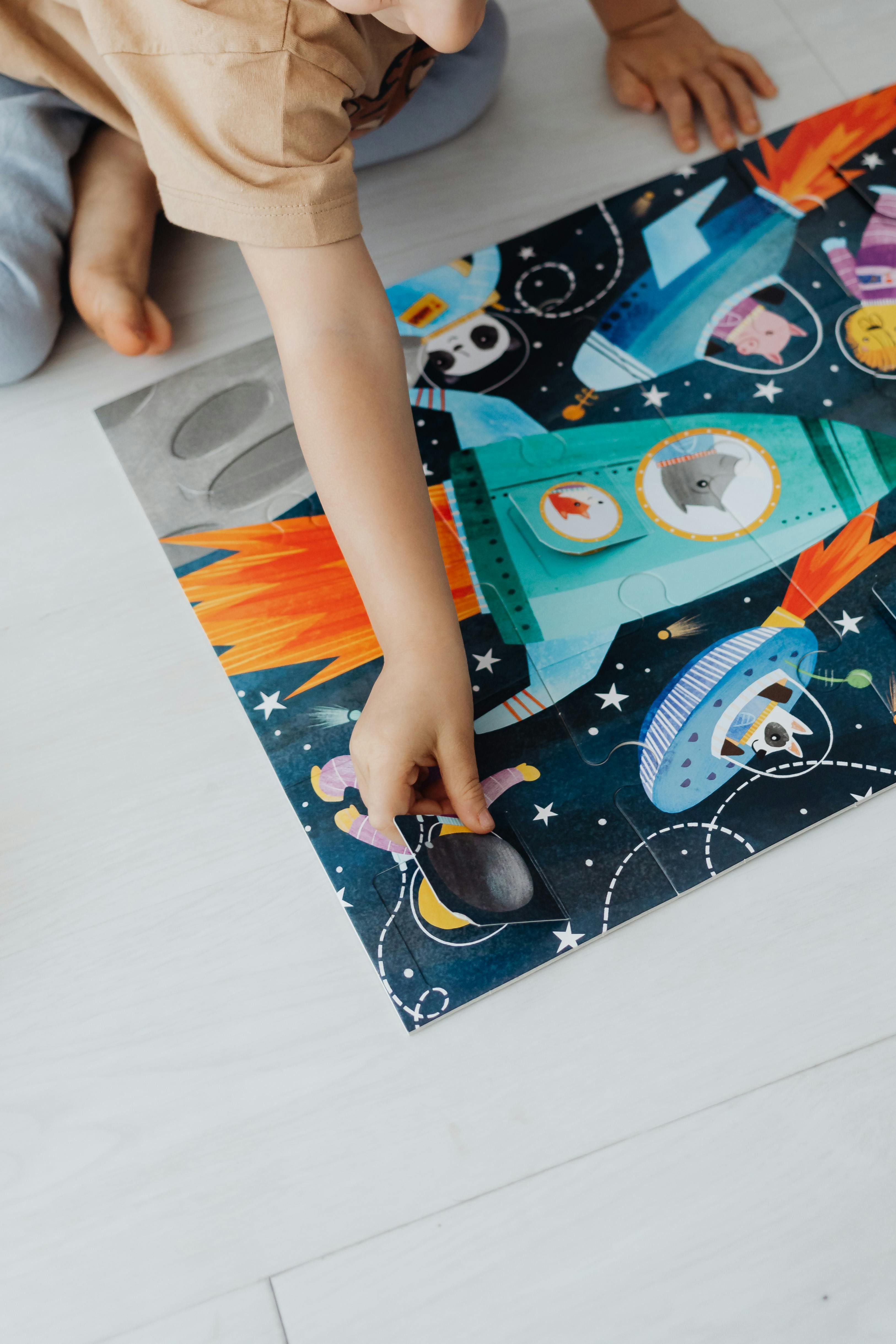YouTube Plans to Compensate Record Labels for Producing Depersonalized Tunes of Your Preferred Musicians
Fresh Take:
AI chatbot behemoths are scrambling left and right, aiming to seal multi-million-dollar agreements with news networks and Reddit to train their models on human-created content. But now, it's YouTube's turn to join the party, as Google's video platform is reportedly courting major record labels like Sony, Warner, and Universal for its existing AI music replication software.
According to an anonymous source from The Financial Times, negotiations are underway to give YouTube access to a wider array of artists for its AI music generators. Both Warner and Sony have existing deals with YouTube, but Sony would be a new player in Google's music-cloning game.
Last year, Google DeepMind unveiled Dream Track, an experimental AI program for YouTube Shorts that enables users to create short tracks with the voices of artists like T-Pain or John Legend. The model, named Lyria, has spurred additional AI-driven tools for generating soundtracks from text or video prompts.
YouTube claims it's not looking to expand Dream Track but says it's engaging in discussions with labels about other experiments. As of now, only nine artists have allowed their voices to be cloned in Dream Track, including Sia, Louis Bell, Demi Lovato, and Charlie Puth, but it's unclear if more artists have joined the bandwagon.
These negotiations could lead to one-off payments for specific artists, but it's unknown which labels have taken the bait, and many artists are wary of having their voices copied. In response, YouTube has been tightening its policies against user-generated AI music deepfakes, and it allows labels to request takedowns of music they deem unauthorized.
The prospect of more AI-generated songs has raised concerns among artists like Billie Eilish and Nicki Minaj, who have penned an open letter opposing the use of their voices to train AI. Meanwhile, Sony Music and Warner Music have sued two AI startups for using copyrighted music to train AI models without permission.
Despite the cautious attitude towards AI-generated music, YouTube's Dream Track is already generating some controversy, as the AI-created tracks are arguably lacking in soul and artistic value. YouTube has marketed Dream Track as a simple solution for quick background music for YouTube Shorts, but the recurring issue of stolen content on short-form video apps like TikTok raises concerns that Dream Track might just contribute to more lifeless, low-effort content.
As negotiations continue, it's vital for platforms to strike a balance between innovation and respect for the work and artistic integrity of human artists. While AI-generated music has the potential to push creative boundaries, it's essential to ensure that these innovations don't infringe on the rights and dignity of the individuals whose work is being imitated.
Insights:
- Major record labels like Sony, Warner, and Universal are reportedly in negotiations with YouTube for its AI music replication software.
- AI-generated music is receiving mixed reactions from artists, with some opposing its use to train AI and others suing AI startups over copyright infringement.
- Platforms like Spotify have policies in place to differentiate between AI-generated music that impersonates artists and music inspired by artists.
- AI music tools like Soundverse and Mubert offer flexible options for creating original music that can be used on platforms like YouTube, given compliance with the platform's guidelines on AI-generated content.
Source: The Financial Times[1] Soundverse[2] Mubert
- It's speculated that YouTube will have access to a broader range of artists due to ongoing negotiations with record labels like Sony, Warner, and Universal.
- The future of AI-generated music is a subject of debate among artists, with some, like Billie Eilish and Nicki Minaj, expressing concern about their voices being used to train AI.
- Unlike YouTube's Dream Track, some music platforms like Spotify have policies distinguishing between AI-generated music that mimics artists and music inspired by them.
- For users seeking to create original music for YouTube, music tools like Soundverse and Mubert provide flexible options, provided compliance with the platform's guidelines on AI-generated content is maintained.







